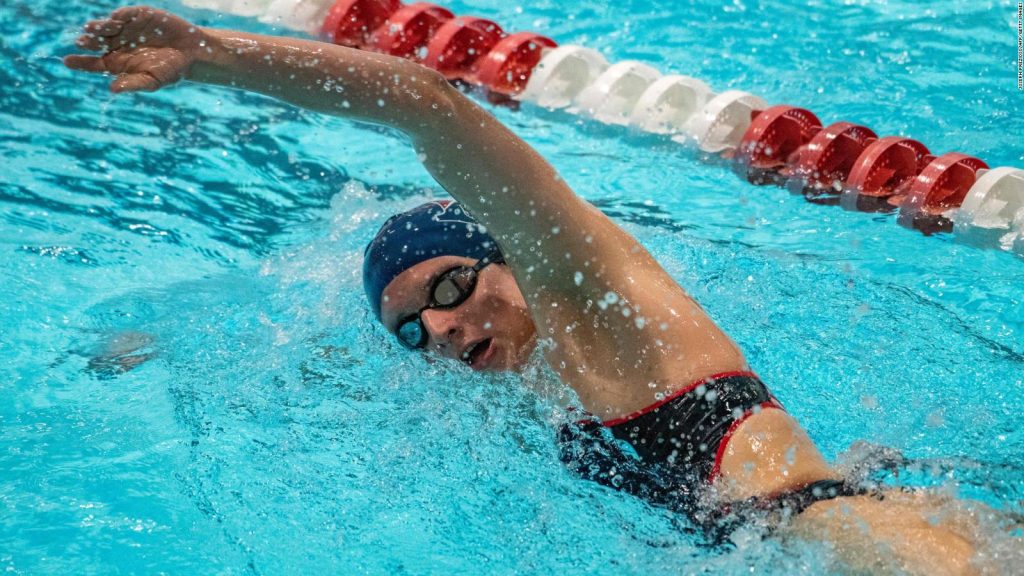International Swimming Federation votes to restrict transgender athletes from competing in elite women’s aquatics competitions

Swimming’s world governing body approved the new “gender inclusion” policy on Sunday, after 71.5% of FINA’s member federations voted in support at the FINA Extraordinary General Congress 2022.The new gender inclusion policy, which is set to go into effect on June 20, 2022, says that male-to-female transgender athletes will only be eligible to compete in the women’s categories in FINA competitions if they transition before the age of 12 or before they reach stage two on the puberty Tanner Scale.The policy also says athletes who have previously used testosterone as part of female-to-male gender-affirming hormone treatment will only be eligible to compete in women’s competitions if the testosterone was used for less than a year in total, the treatment didn’t take place during puberty and testosterone levels in serum are back to pre-treatment levels.As a result of the vote, FINA said it will establish a new working group in order to develop open category events for athletes that do not meet the governing body’s eligibility criteria for men’s or women’s categories.FINA oversees aquatic competitions in swimming, water polo, diving, artistic swimming and open water swimming and high diving.”We have to protect the rights of our athletes to compete, but we also have to protect competitive fairness at our events, especially the women’s category at FINA competitions,” FINA President Husain Al-Musallam said. “FINA will always welcome every athlete. The creation of an open category will mean that everybody has the opportunity to compete at an elite level. This has not been done before, so FINA will need to lead the way. I want all athletes to feel included in being able to develop ideas during this process.” In November 2021, The debate on transgender women in swimming came under a spotlight when University of Pennsylvania swimmer Lia Thomas, who started on the school’s men’s swimming team in 2017, eventually joined the UPenn women’s team in 2020.At the time of her transition in 2019, the NCAA required that transgender athletes have one year of hormone replacement therapy to be cleared to compete.In February, 16 members of the University of Pennsylvania’s swim team sent a letter to the university and the Ivy League asking them to not challenge the NCAA’s new transgender athlete participation policies that would prevent Thomas and other transgender athletes to compete. In the letter, they argued Thomas had an “unfair advantage,” and said they supported her gender transition out of the pool but not necessarily in it.Despite the backlash, Penn Athletics and the Ivy League maintained their support for the transgender swimmer, and over 300 current and former swimmers signed their names to an open letter defending her ability to compete. As a swimmer on the women’s team, Thomas became the first transgender athlete to win an NCAA Division I title after winning the women’s 500-yard freestyle event in March.




